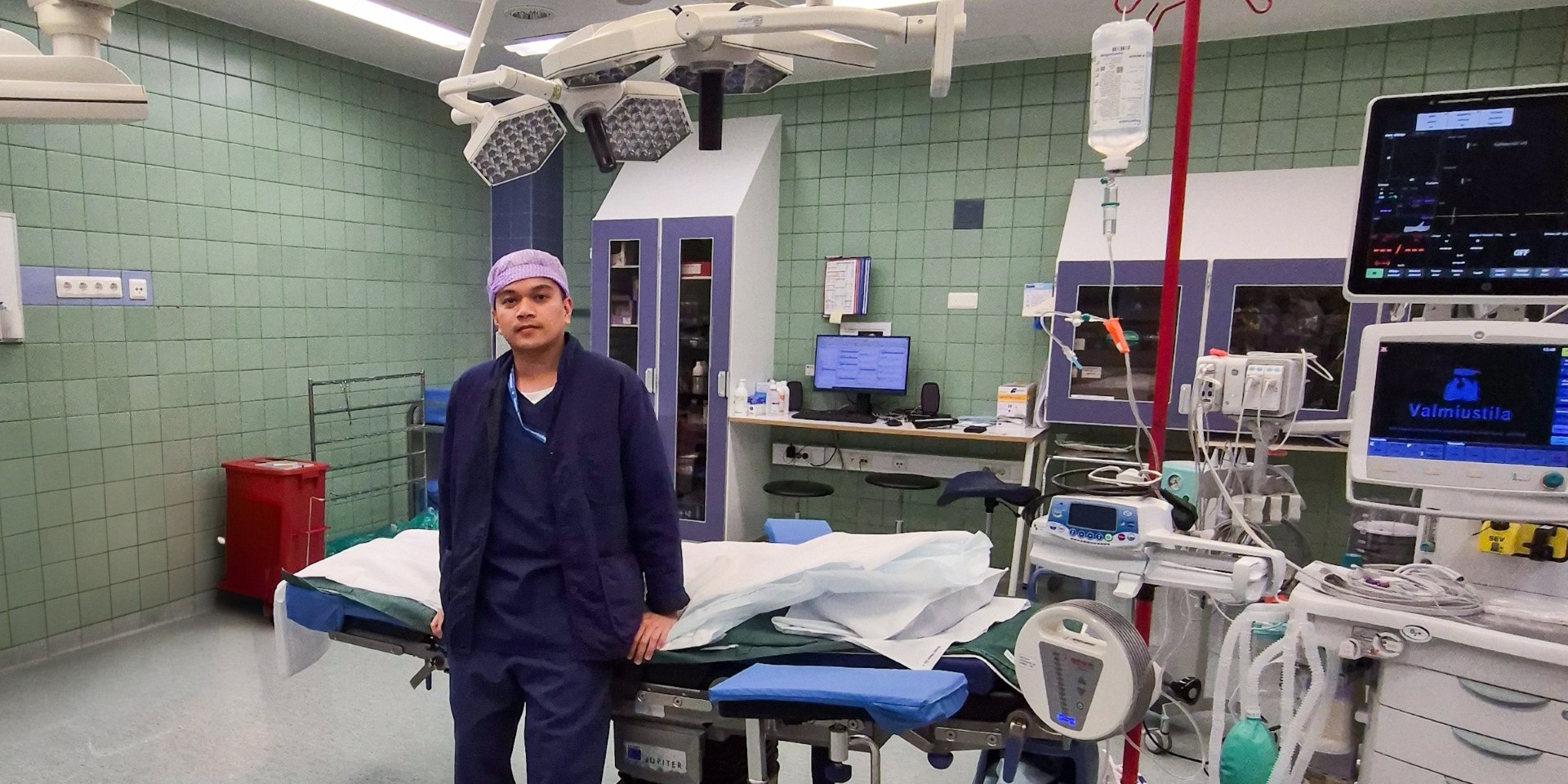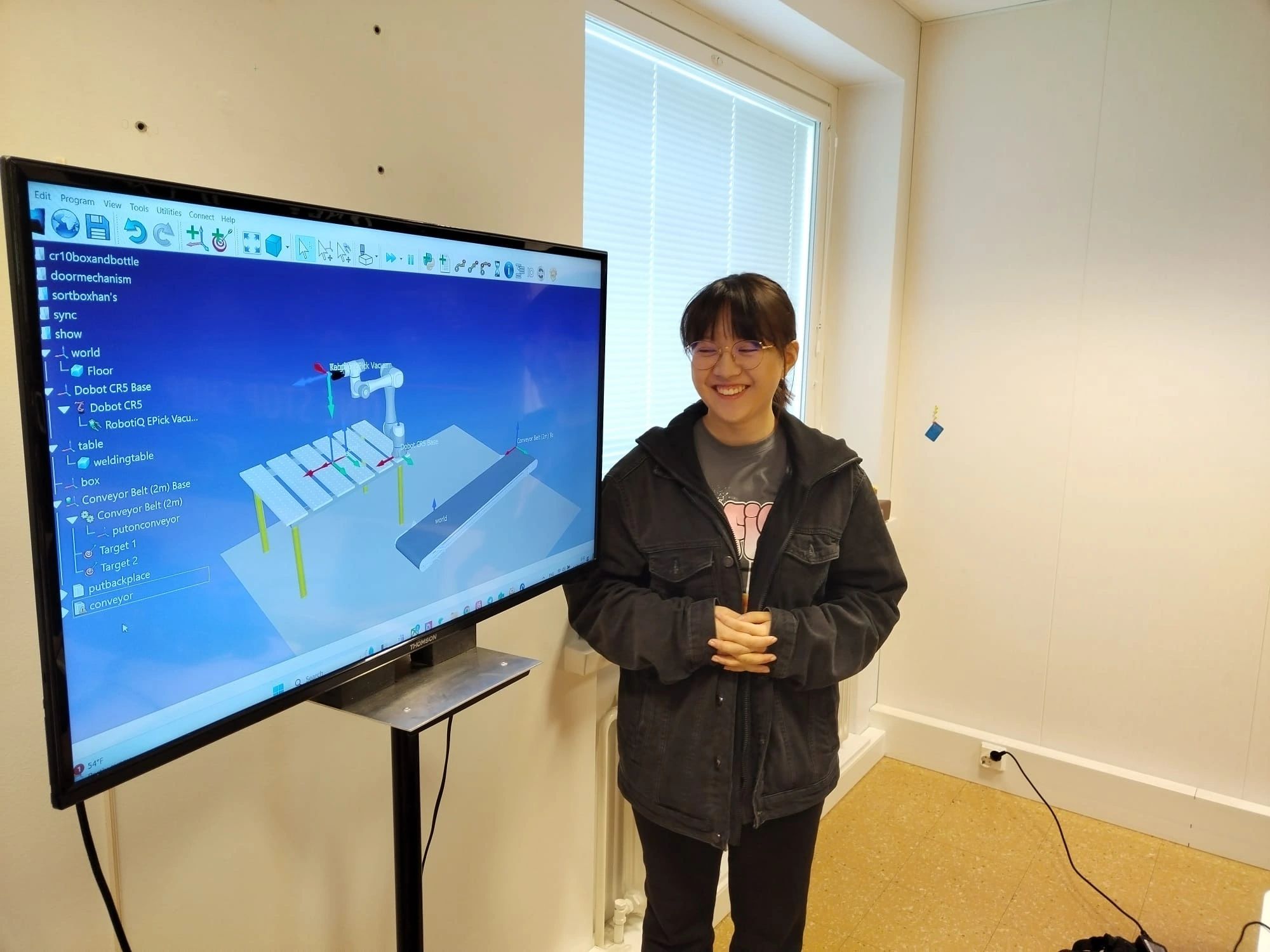Five things that everyone should know of neuropsychiatric problems
Neuropsychiatric disorders spark off a lively discussion today. What are we actually talking about when we discuss neuropsychiatric disorders and persons? Read, so you know: in the following there are five questions and answers concerning neuropsychiatric problems.

1 What do neuropsychiatric problems actually mean?
Neuropsychiatric disorders could be seen as an umbrella concept, under which various problems complicating everyday life can be found. Most common neuropsychiatric difficulties are attention deficit hyperactivity disorder (ADHD), problems in social interaction (autistic spectrum disorder, Asperger syndrome), learning difficulties, linguistic problems etc.
It´s good to remember that neuropsychiatric problems are easily interweaved: an Asperger person can also have difficulties in concentration and therefore also learning can be more difficult.
2 Have neuropsychiatric problems increased lately?
It’s rather a question of studying and working demanding more than before, that is self-direction, long-term concentration in knowledge work, good co-operation skills and ability to learn new things and adapt one’s own working as the situation demands. At the same time, more physical routine tasks have been left in the background. Thus, it is easier to detect those individuals for whom a long-term concentration, independent tailoring of work contents and management of social situations are difficult.
We must also keep in mind that knowledge of neuropsychiatric problems has increased significantly. When it was said before “the nuisance of the class” or “the very weird guy”, it’s understood today that it may be a problem of concentration or social interaction.
Due to better recognition, we now have more means to support people with a neuropsychiatric disorder and hopefully also to avoid incorrect headlines. At the best, instead of a “nuisance”, we have in front of us a creative and courageous guy who dares to stake him/herself.
3 Is it true that boys have more neuropsychiatric problems?
It’s true that neuropsychiatric disorders are diagnosed significantly more among boys, and there are definitely several different reasons for this.
First, boys have a stronger biological susceptibility to receive developmental neuropsychiatric disturbances. This has been explained i.a. through prenatal testosterone slowing down the development of the nervous system. When the nervous system evolves during a longer period of time, it’s also susceptible to various development disturbances for a longer time.
On the other hand, biology does not explain everything. It must be mentioned that girls have slightly different neuropsychiatric problems and they are perceived differently. To put it simply, the neuropsychiatric problems of boys can be seen outside, whereas the symptoms of girls turn inside. A girl may feel quite bad, but an outsider does not necessarily notice it. So, the female neuropsychiatric symptoms are not recognized very well yet, which leads to only treating girls´ associated diseases, such as depression, to excess.
The third explanatory factor can be found in cultural issues. We still bring up girls and boys slightly differently. Even if the girl has concentration problems, we strongly guide her to the “direction of a good girl”. Thus, the girl may put an extra effort in studying and manage quite well. After the school day, however, she’s completely exhausted and the parents may wonder why there is a continuous war going on at home. In these situations, the family often gets worried, but the quarters outside the family don’t take the concern seriously enough because studying progresses well.
According to researches, girls also learn to copy others’ behaviour better than boys: whenever a socially clumsy boy is easily noticed, a girl can perhaps hide her problems by copying others’ behaviour. However, a continuous copying is exhausting, which often unburdens itself at home surrounded by safe people.
4 Are neuropsychiatric problems curable?
There is no obvious cure for neuropsychiatric problems, but people with a neuropsychiatric disorder can surely learn many different skills, which help them managing everyday life. For example, problems in social life or concentration seldom disappear completely, but many of the people with a neuropsychiatric disorder learn various means and skills with age, with which they can manage interactive situations and direct their attention.
At this point, someone might ask isn’t a person cured if he/she can act in social situations or concentrate reasonably. You could answer here yes and no. Even if a person with an autistic spectrum disorder would be able to perform quite well in a social situation, it burdens him/her extremely. 
Often a person with a neuropsychiatric disorder must balance the whole life through with limited resources. Also, the people around should make their demands and expectations more reasonable, in order for the person with a neuropsychiatric disorder to be able to live his/her own balanced life.
Besides the above mentioned, it is also important to remember that a person with a neuropsychiatric disorder does not automatically learn the needed means to survive in everyday life. Thus, various social skills, skills supporting executive functions, skills to regulate stress, and relaxation have to be taught him/her knowingly.
5 What are the benefits of diagnosing neuropsychiatric problems?
Often people with a neuropsychiatric disorder have recognized they are different and have problems long before the diagnosis. Many of them have been thinking what’s wrong with me, when easy things are continuously so difficult especially for me.
People with a neuropsychiatric disorder have often a very unbalanced ability profile, which gives extra spice to the matter: even if language studies go like clockwork, taking care of one’s home tidiness is a real struggle. This is often surprising to the people around, who may incorrectly think that it’s only a question of lack of trying.
In order not to give too much power on thoughts of oneself as an unskillful guy or someone who treats others badly, it’s important to find correct headlines for the issues. When a child does not want to put on certain clothing does not necessarily be obedience, but a challenge strongly connected with neuropsychiatric problems and sensory functions, which does not diminish by tighter discipline – on the contrary. It could be said that, at its best, a correct diagnosis supports a person’s self-knowledge and helps to build healthy self-esteem.
The need for a diagnosis is also strongly connected with us to be able to help a person more accurately: when we know exactly this person’s problems, it is easier to choose the correct instruments. It must be added that getting help from the health care and rehabilitation system sometimes requires a diagnosis. Fortunately, many places are already trying to get rid of the importance of a diagnosis, and the situation and support activities are assessed more from the point of view of th

Author
Hanna Hannukainen
Senior Lecturer, Faculty of Wellbeing and Health


